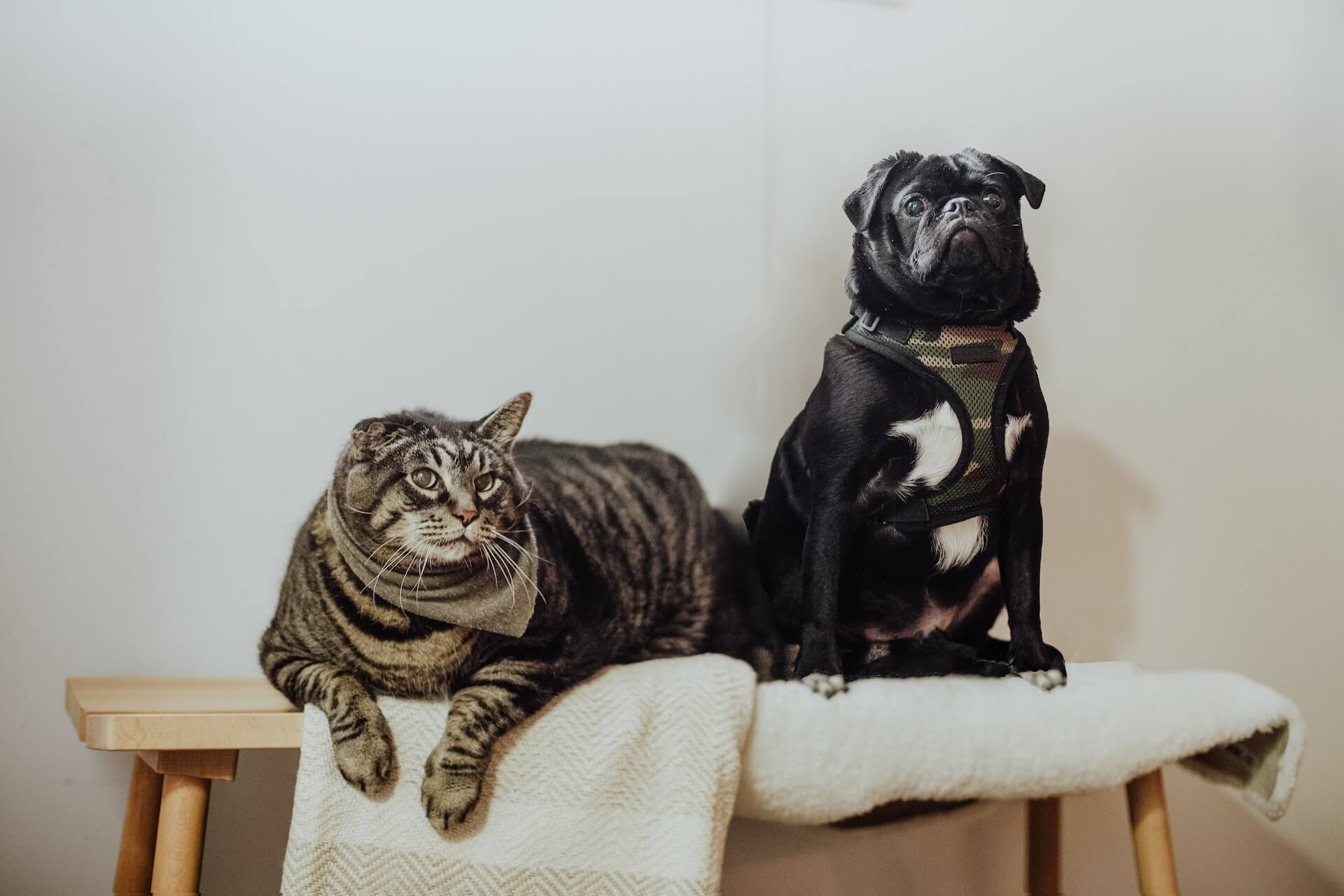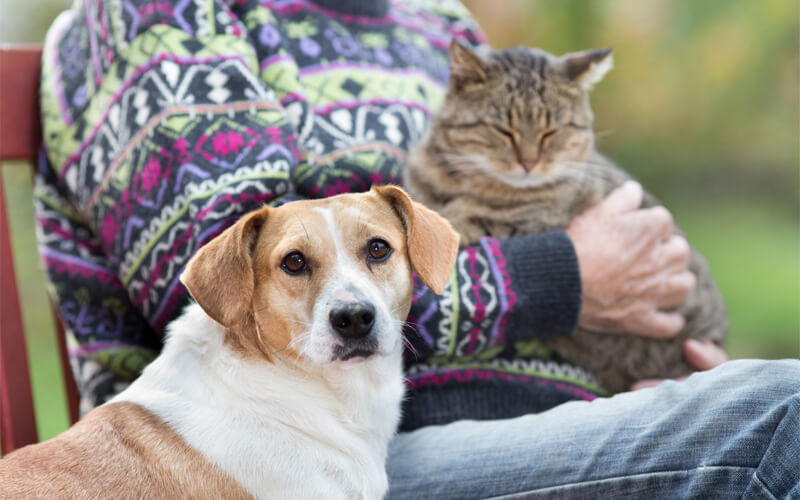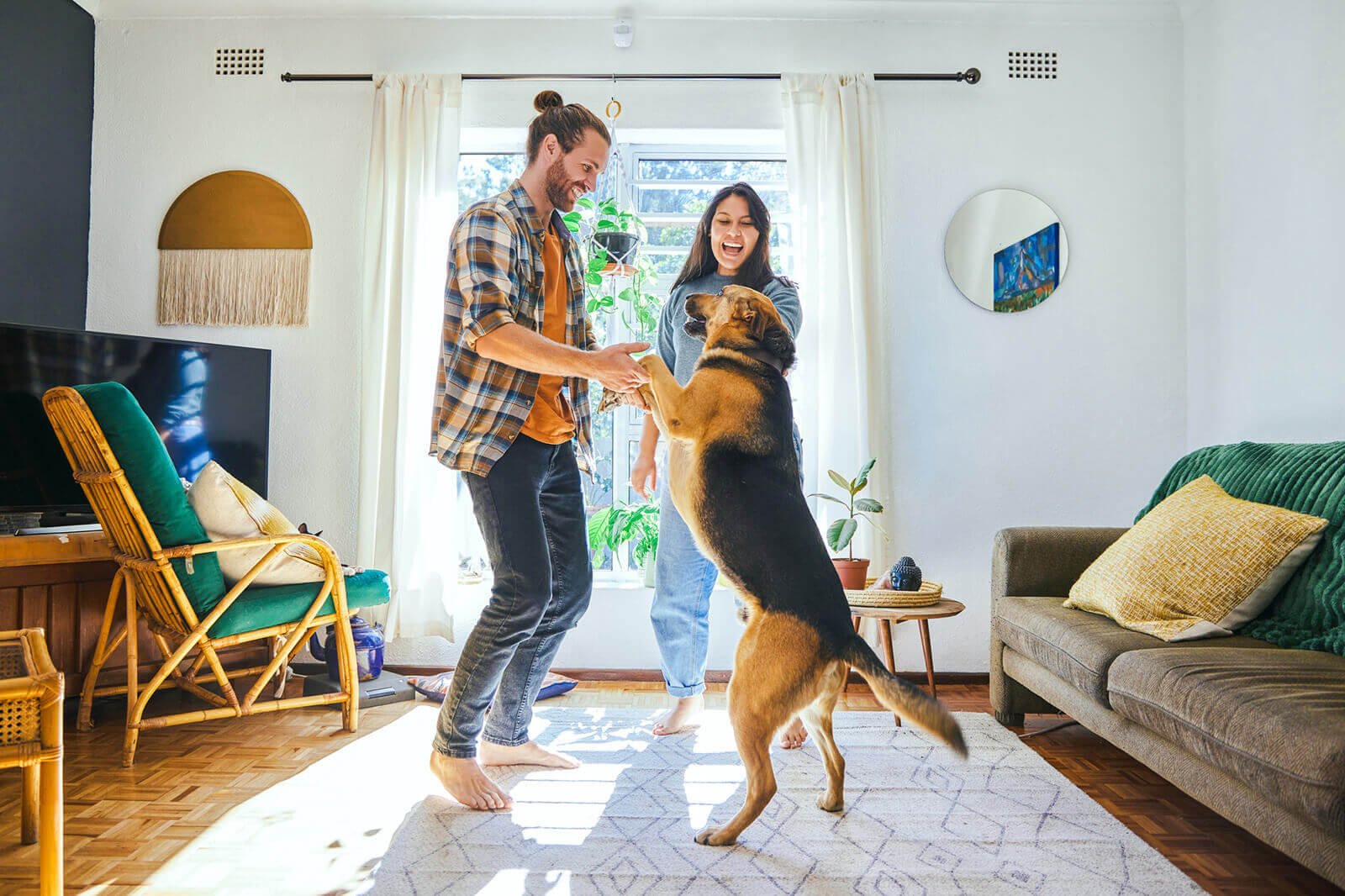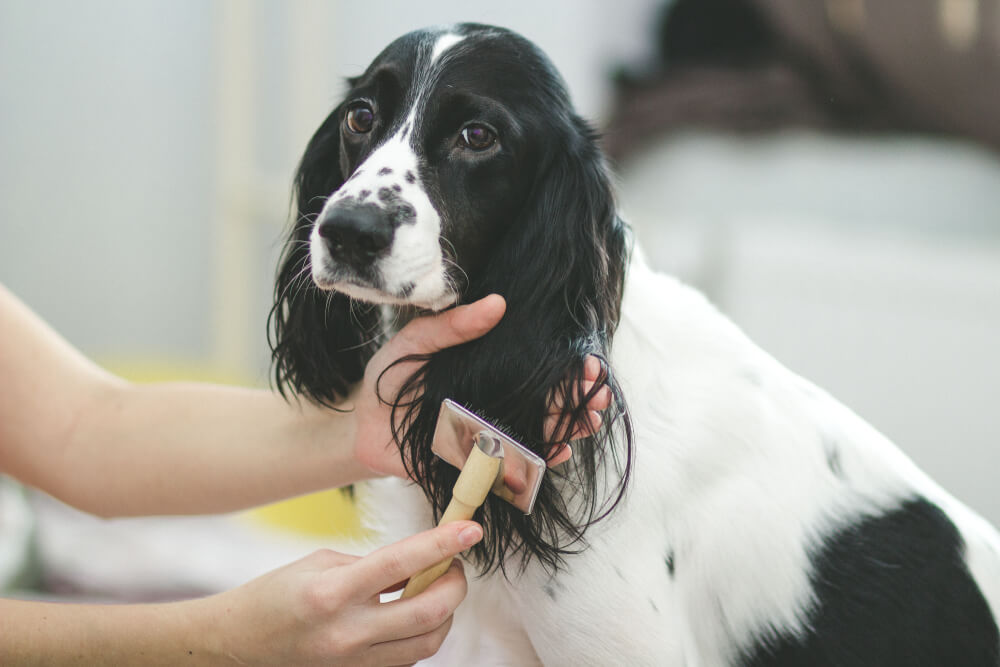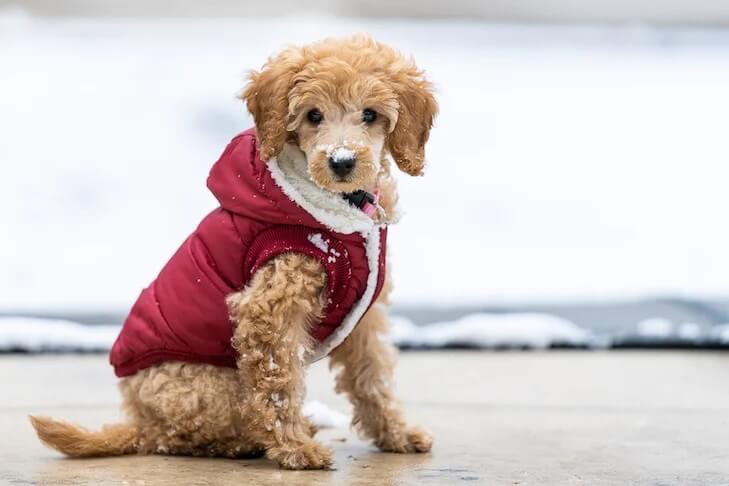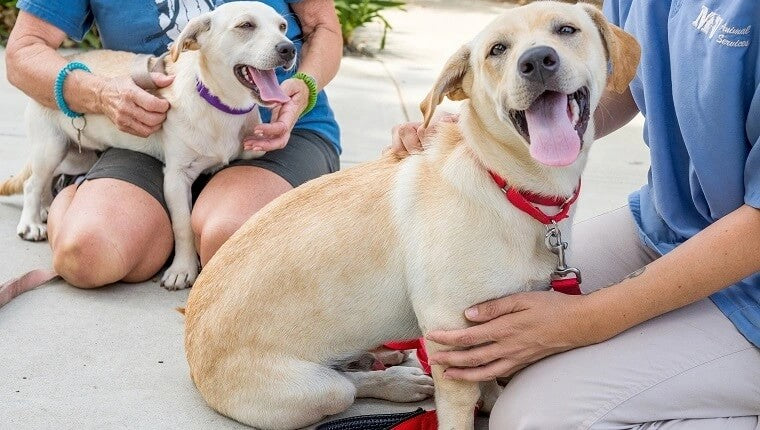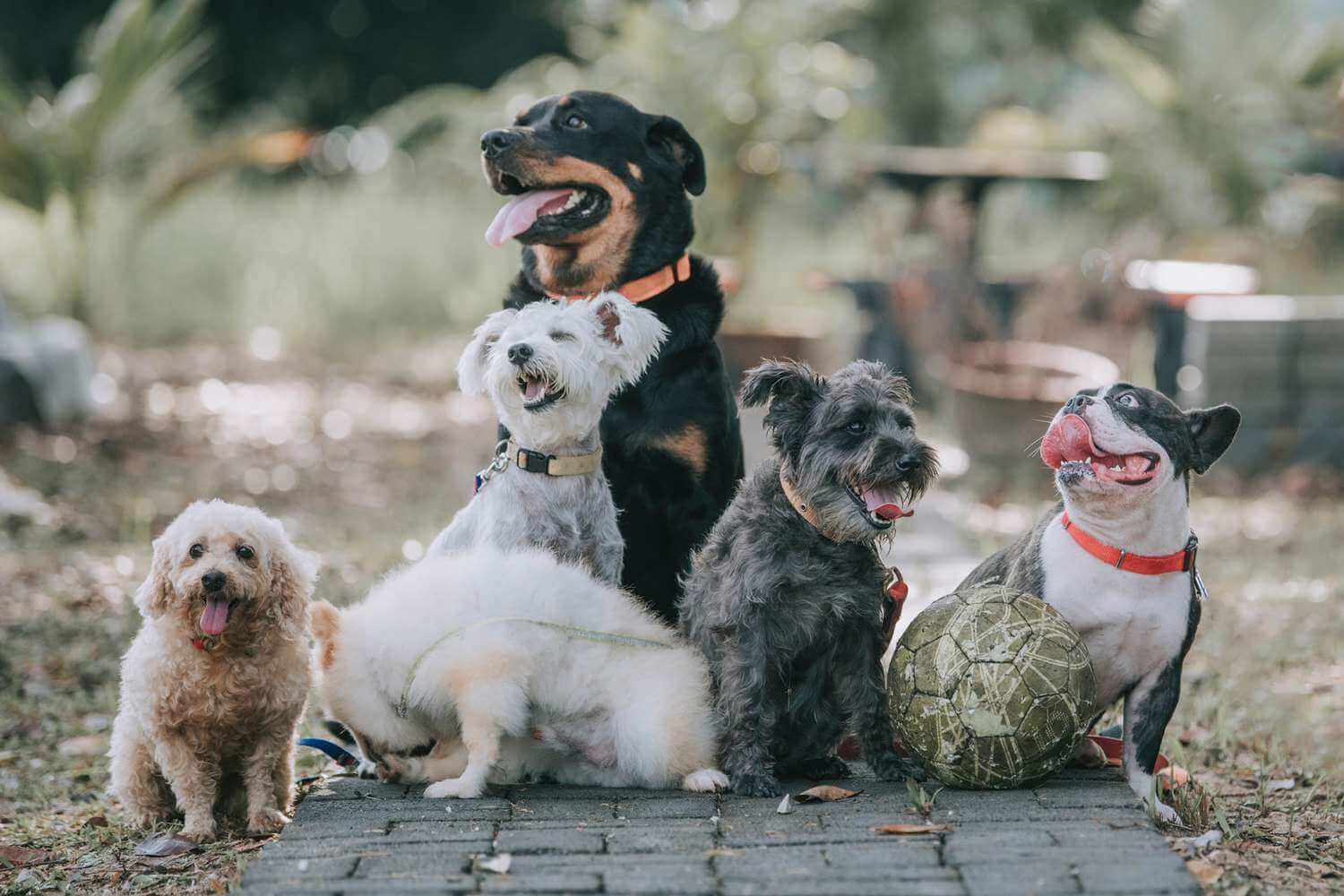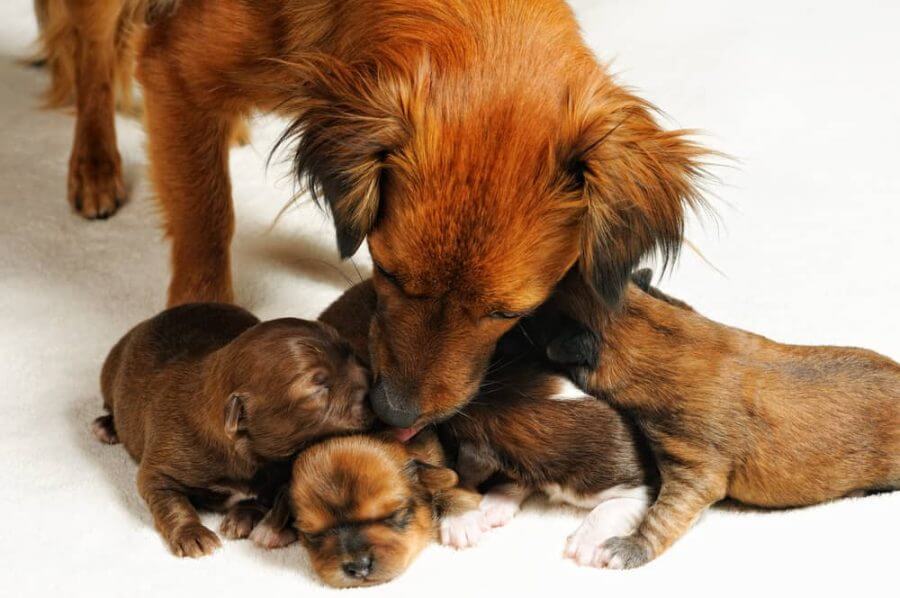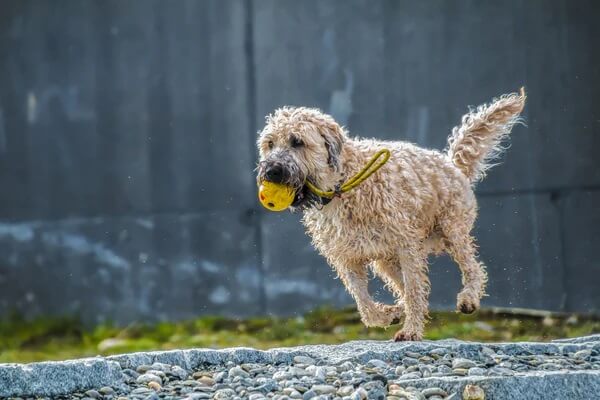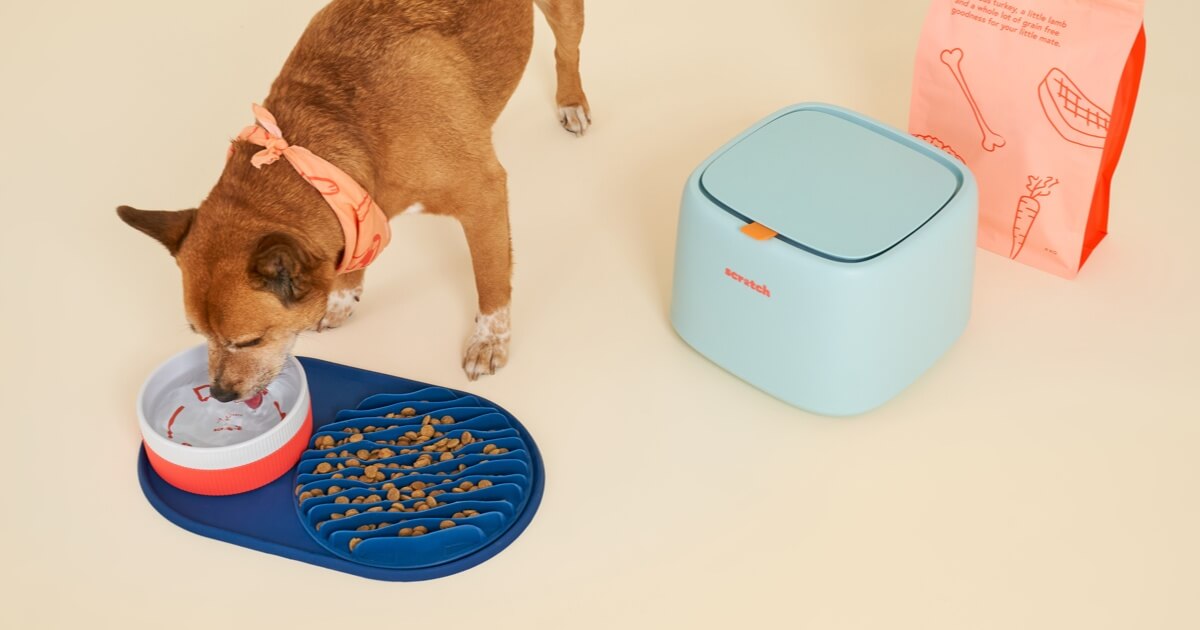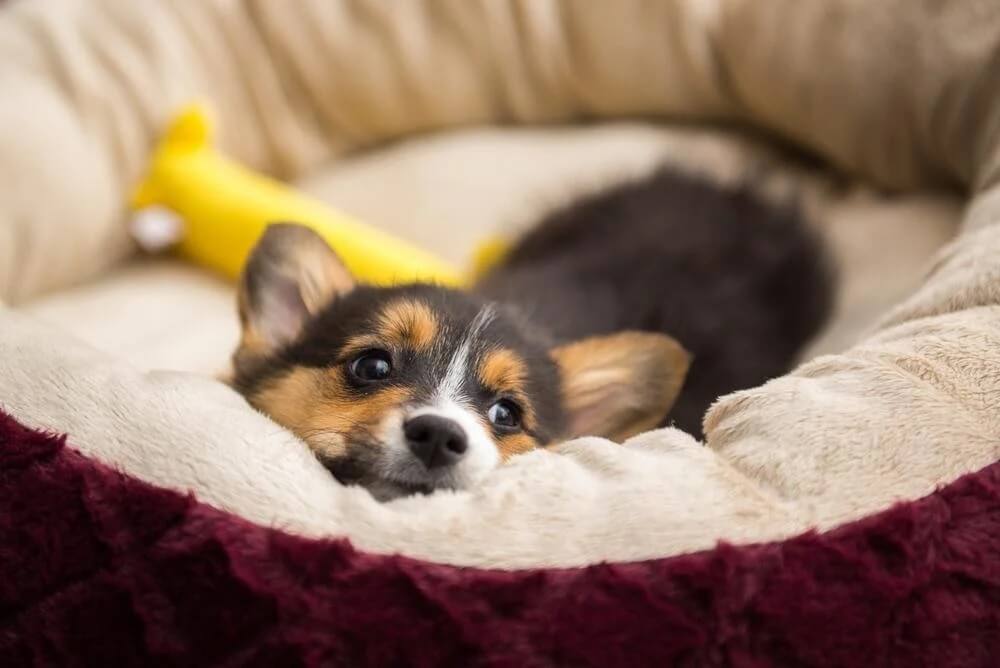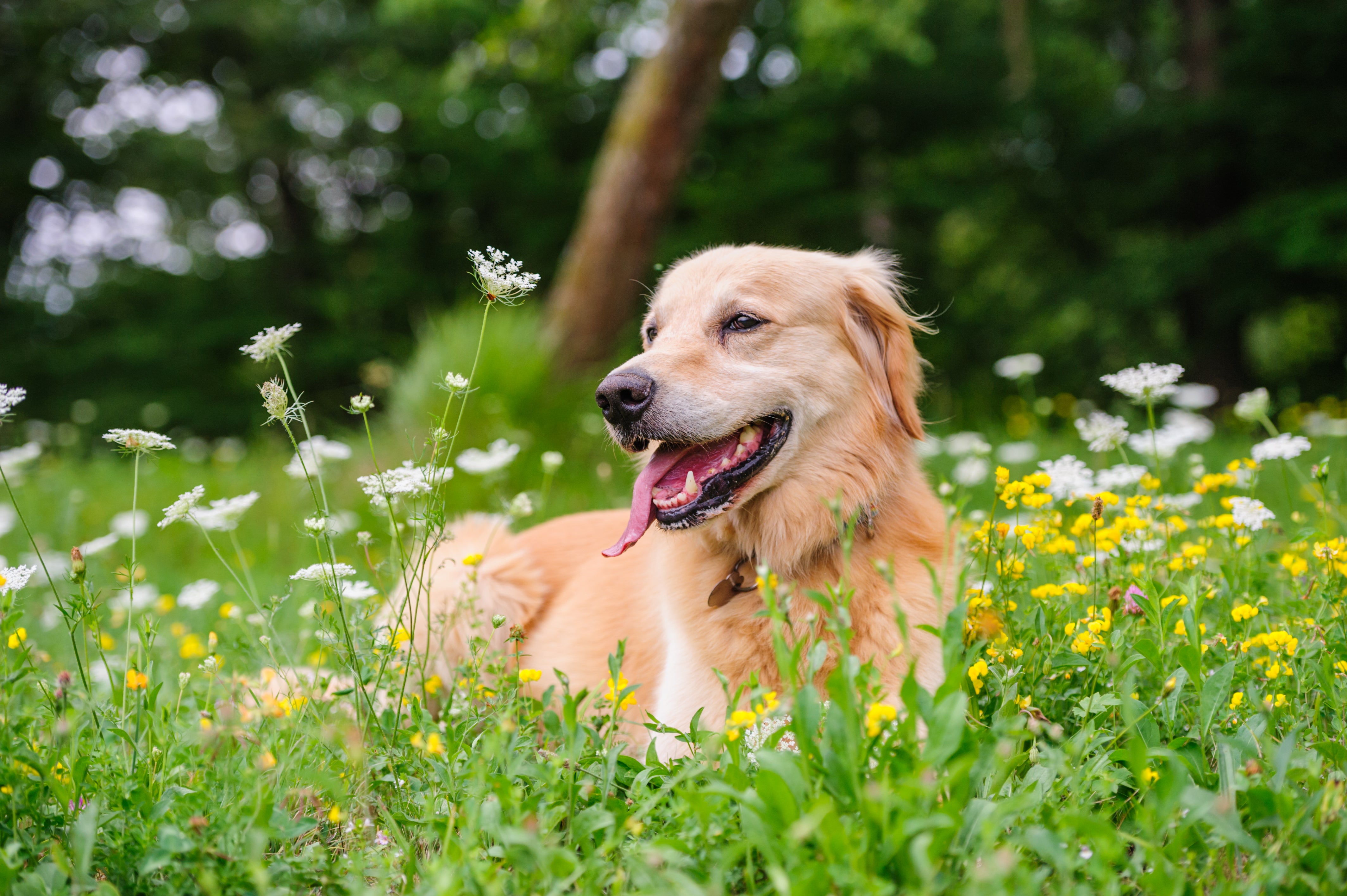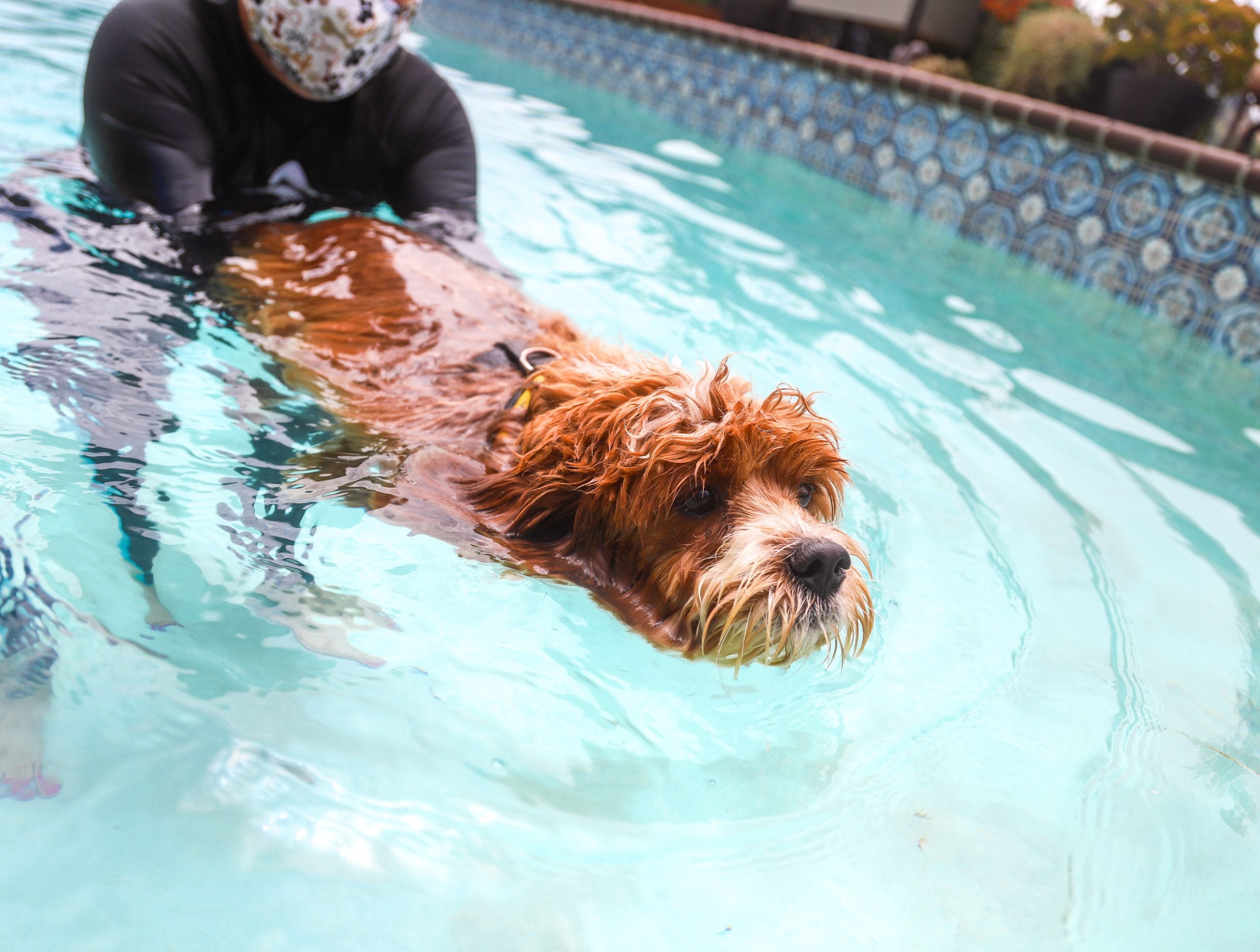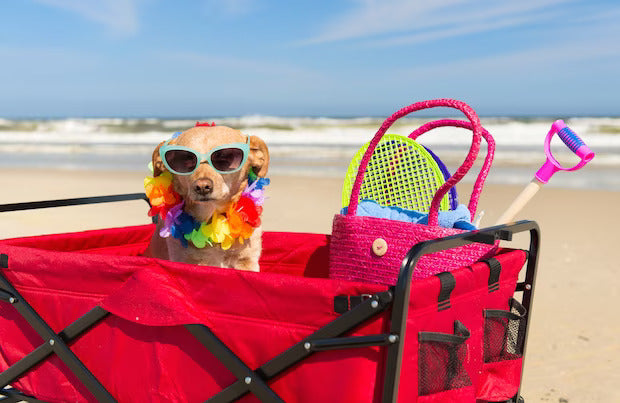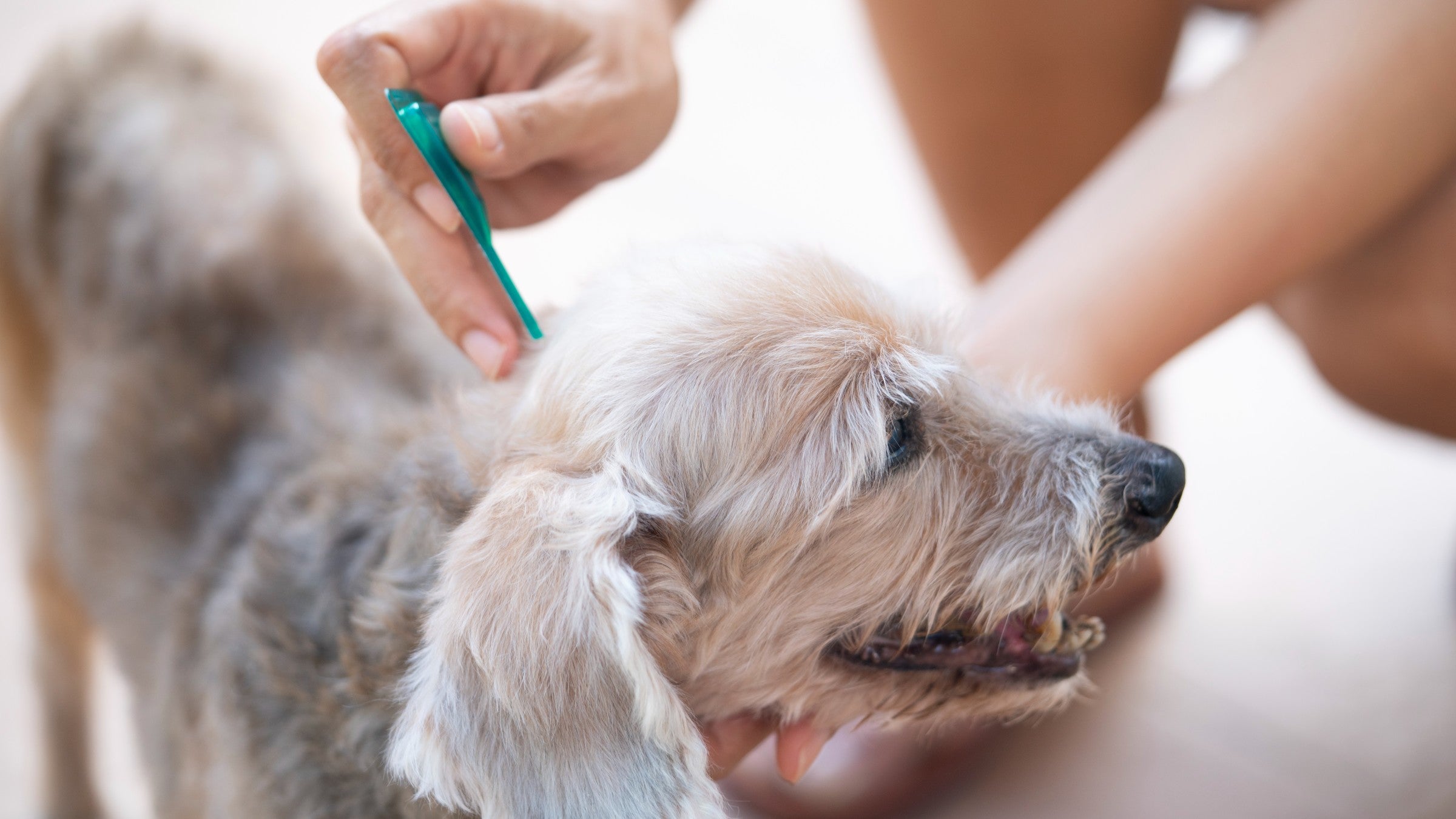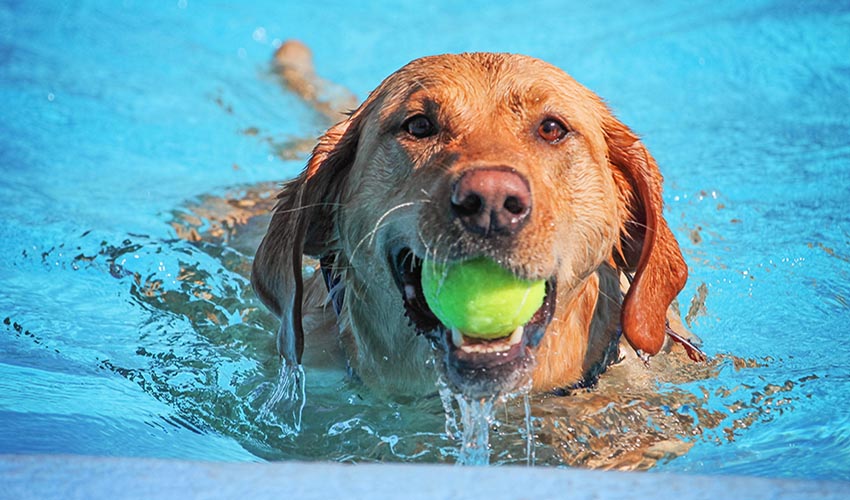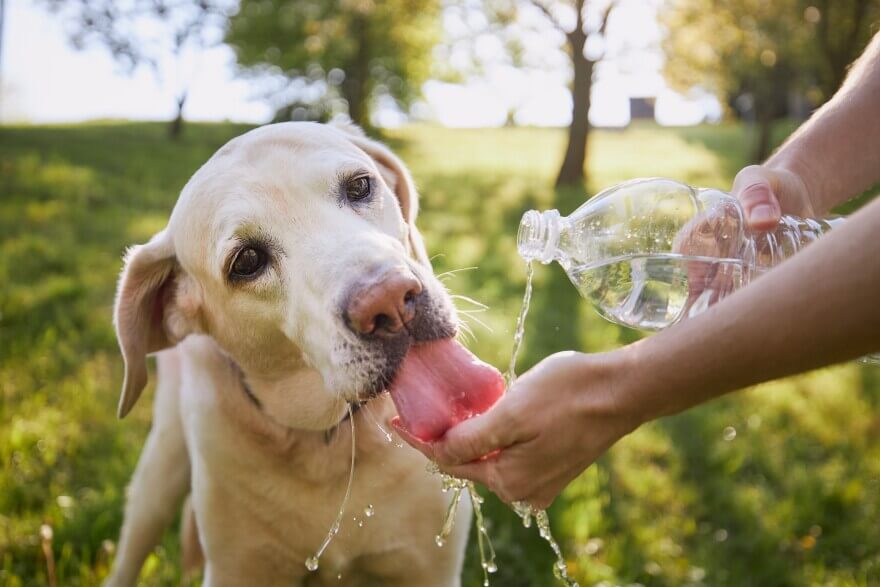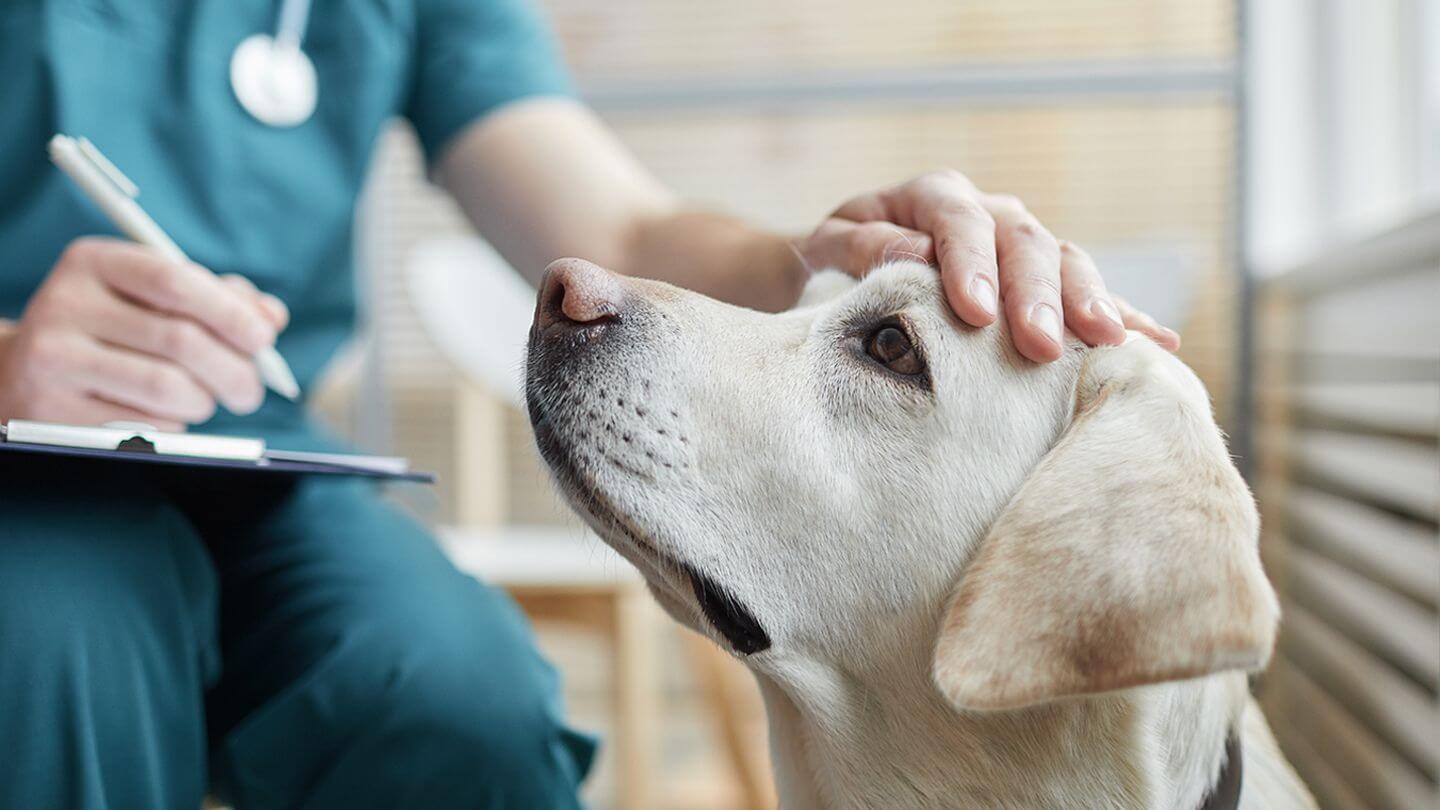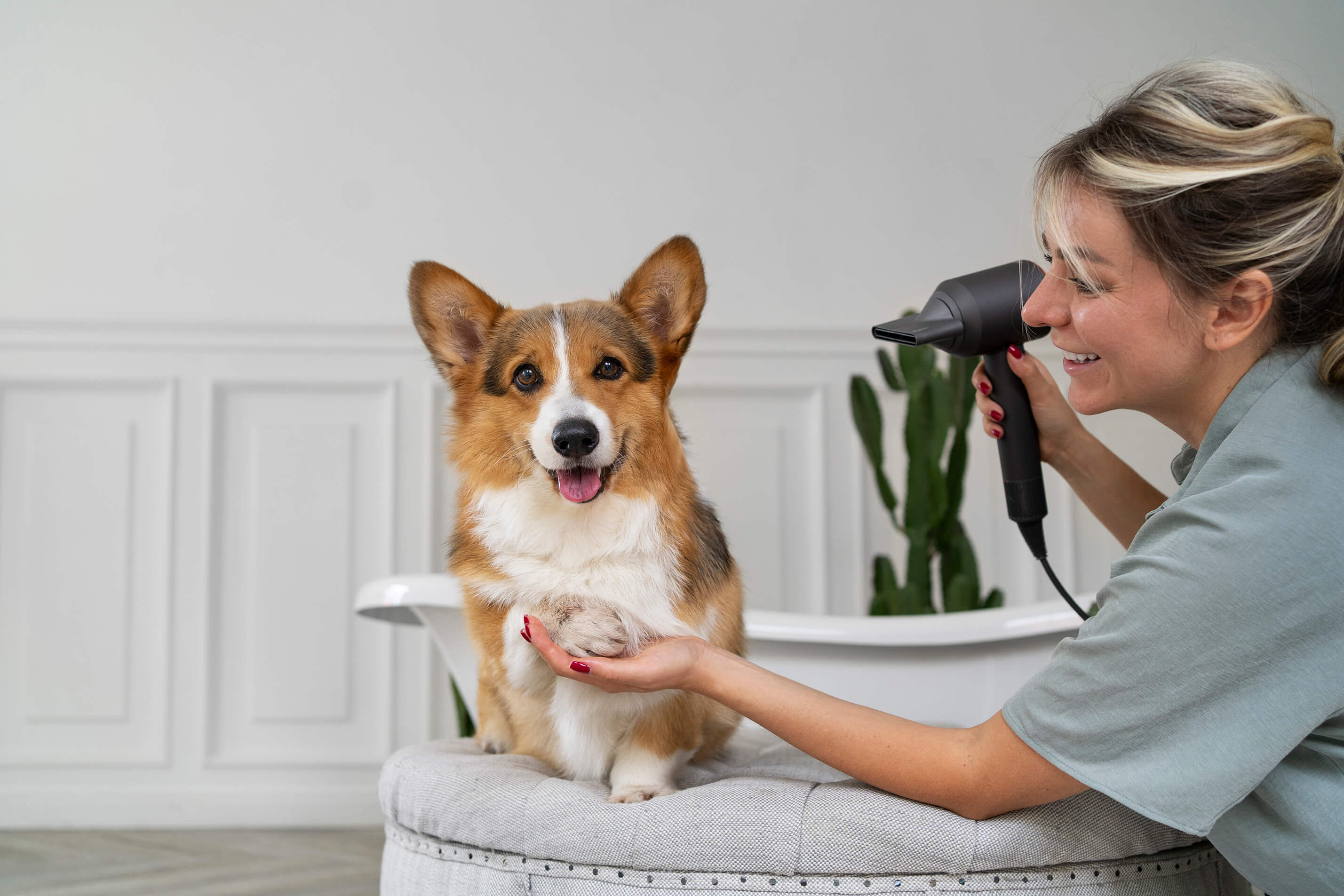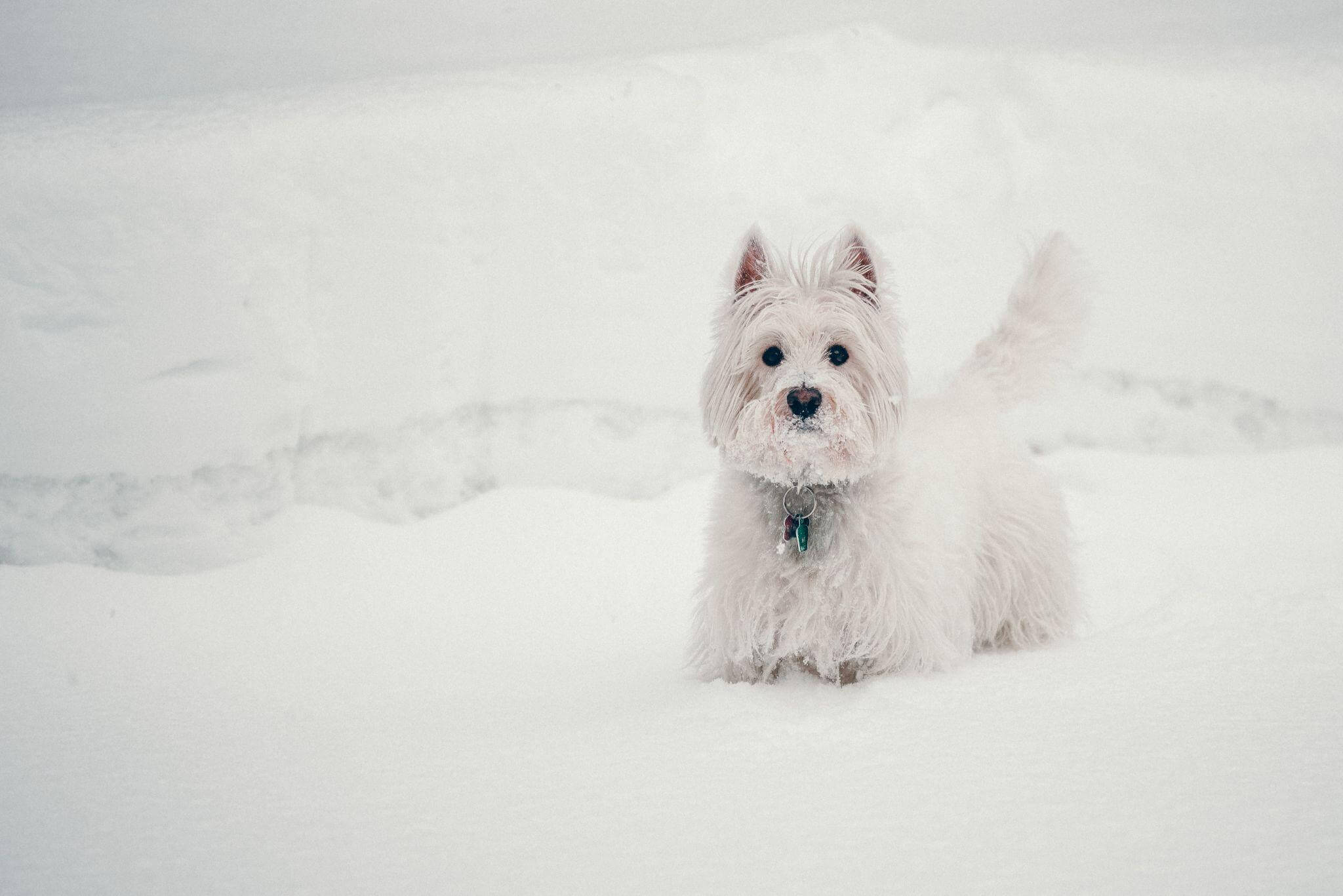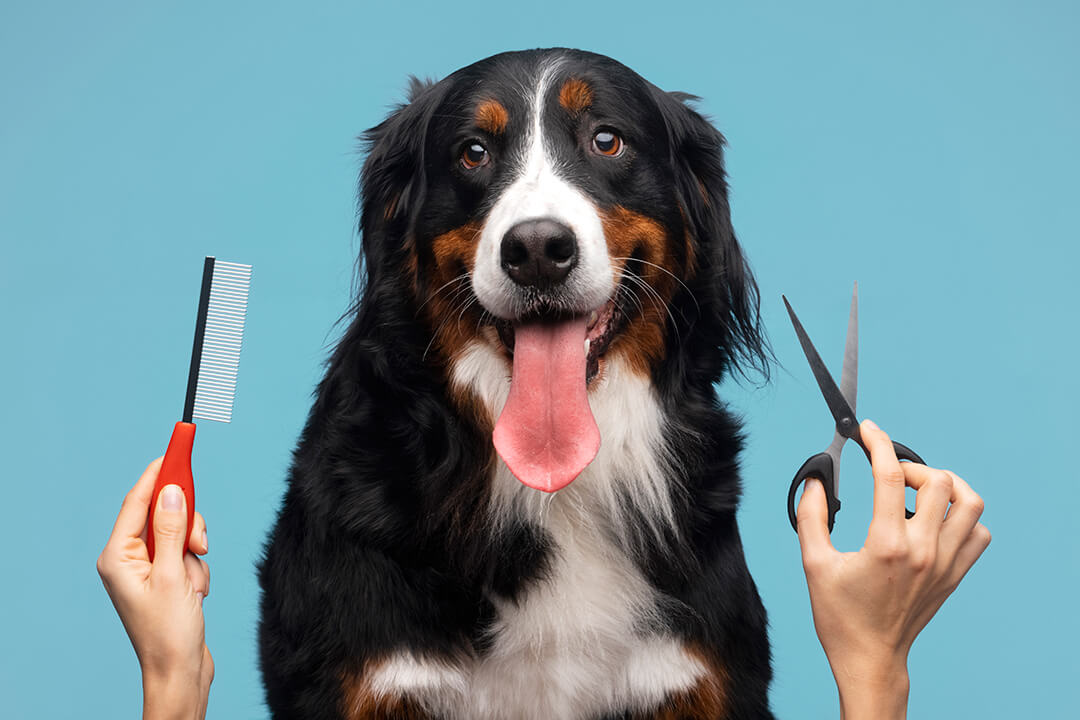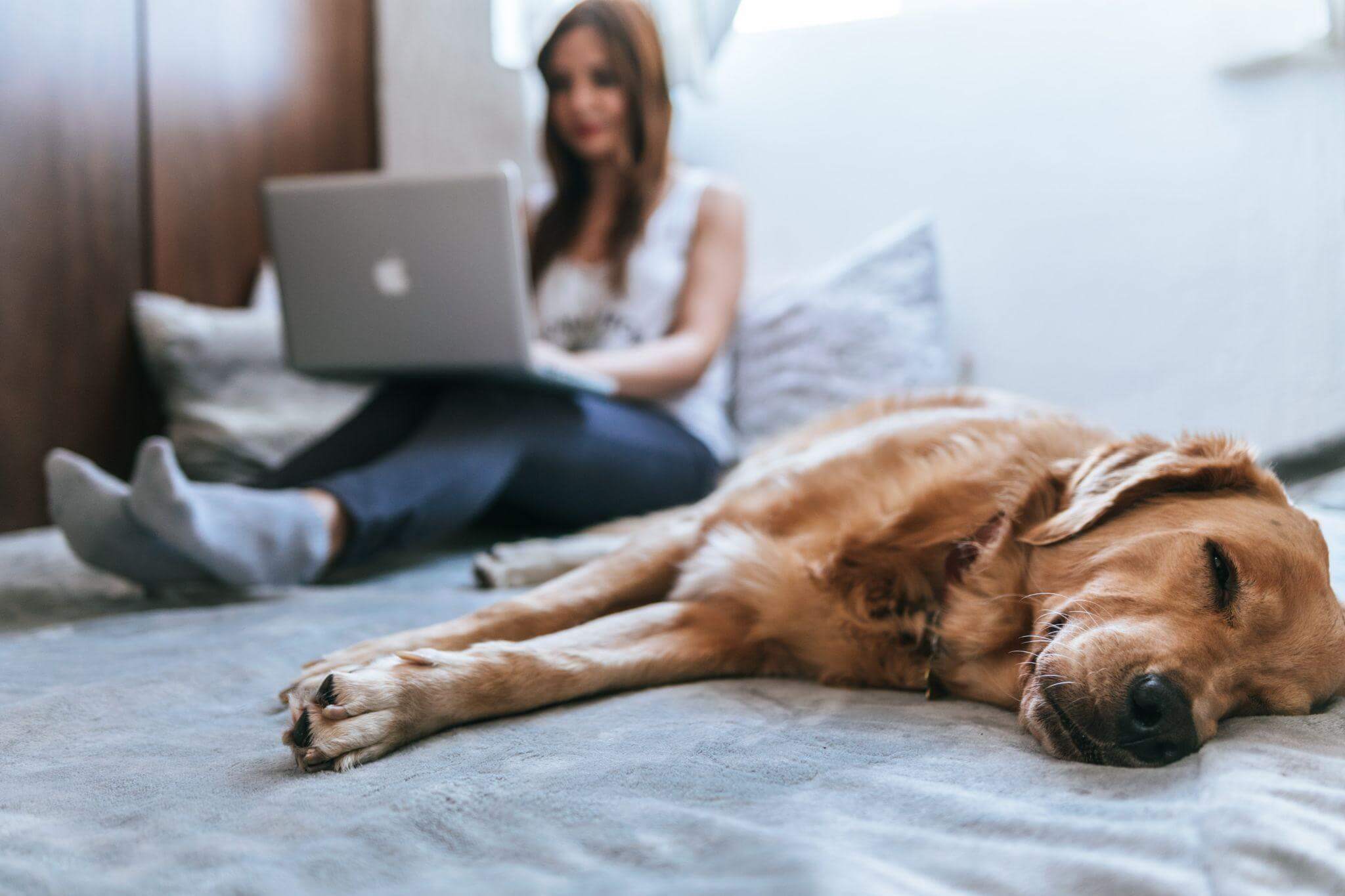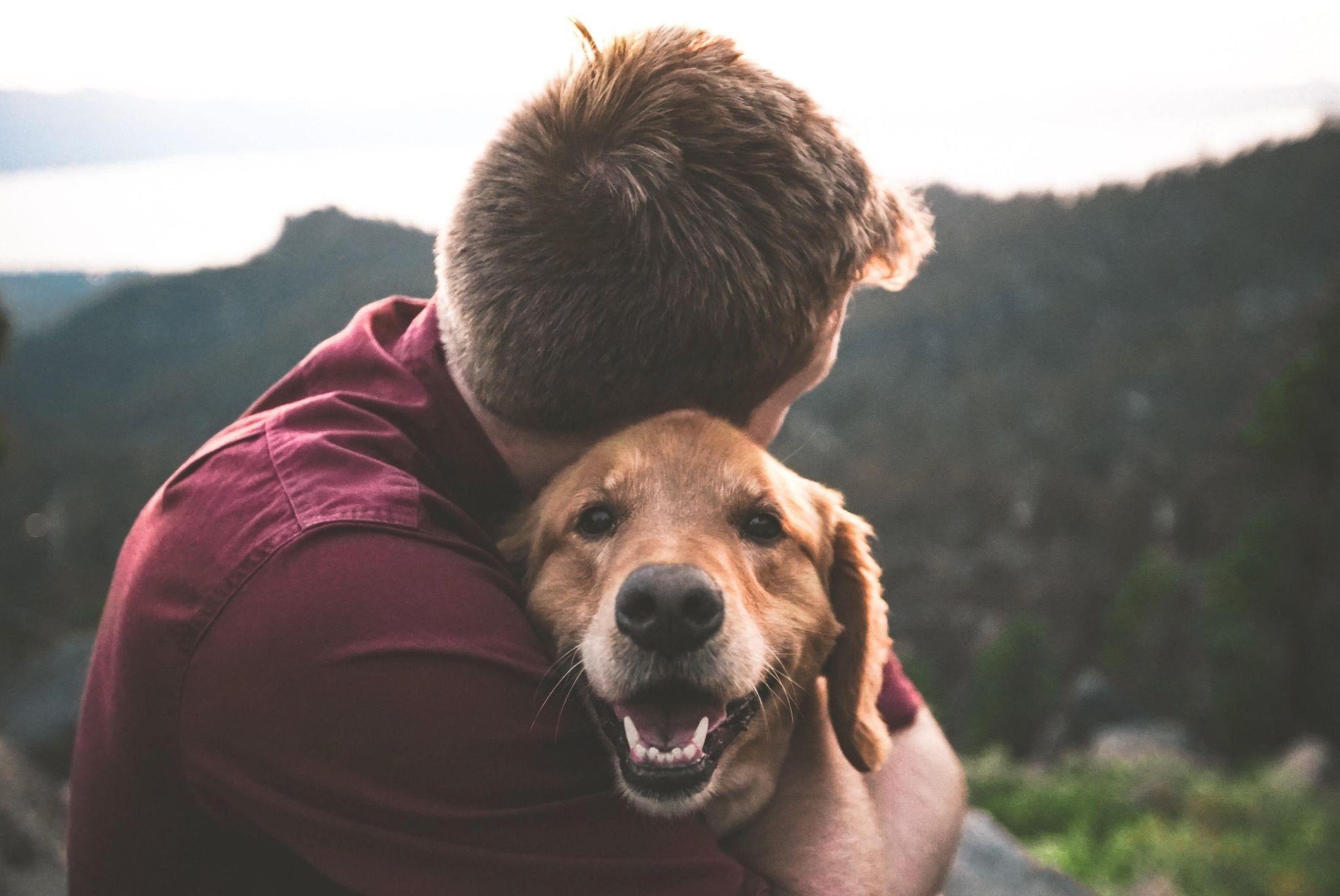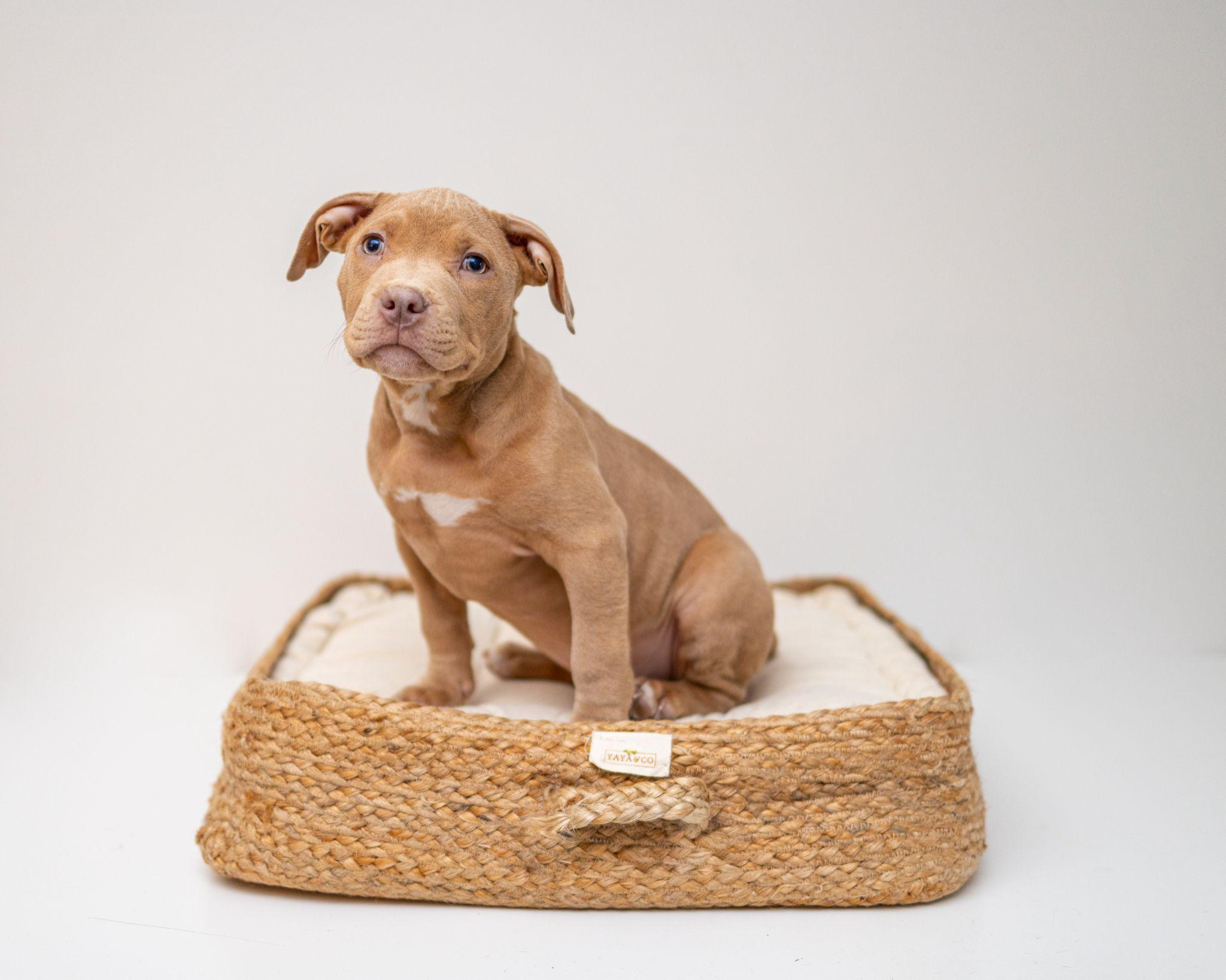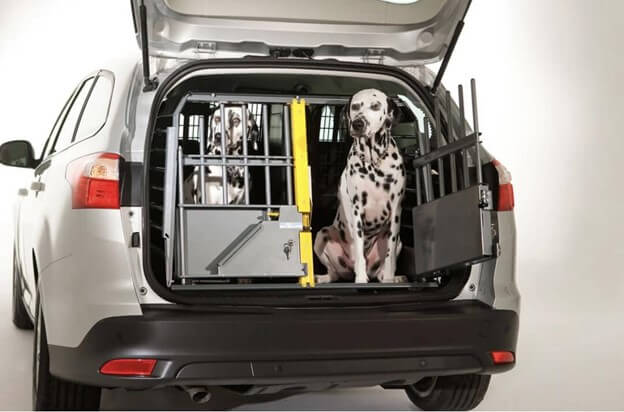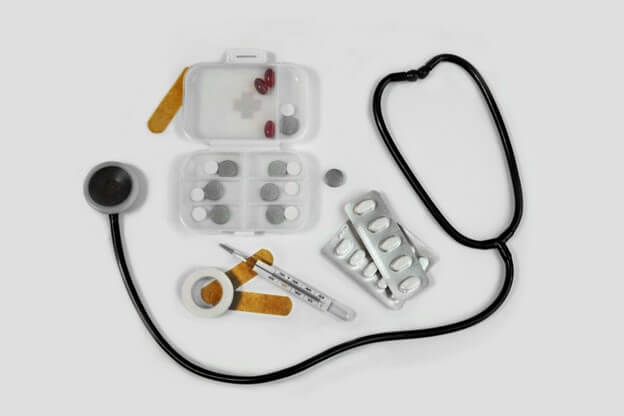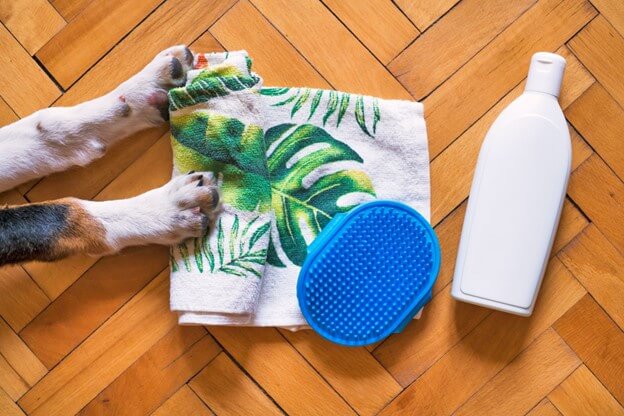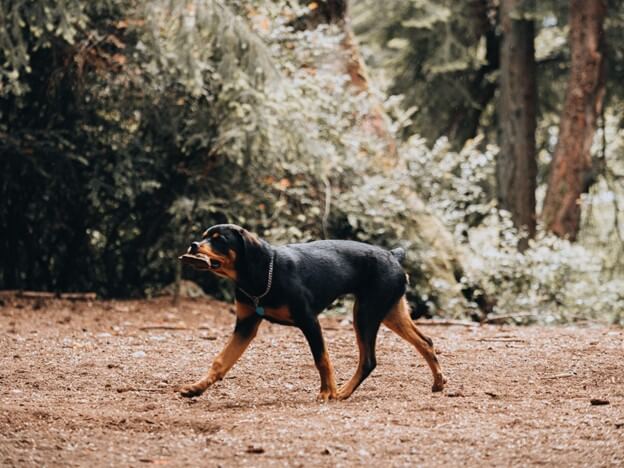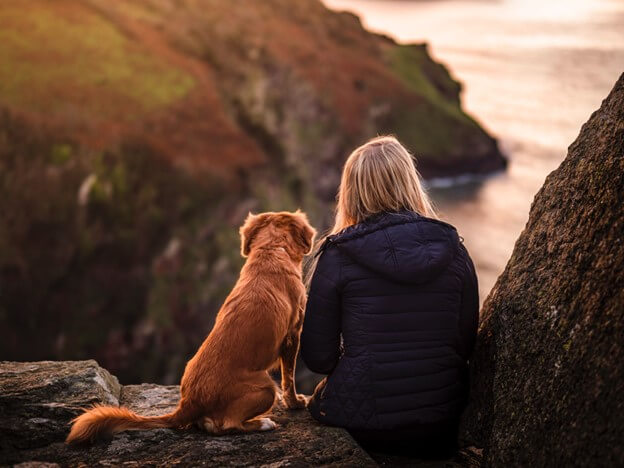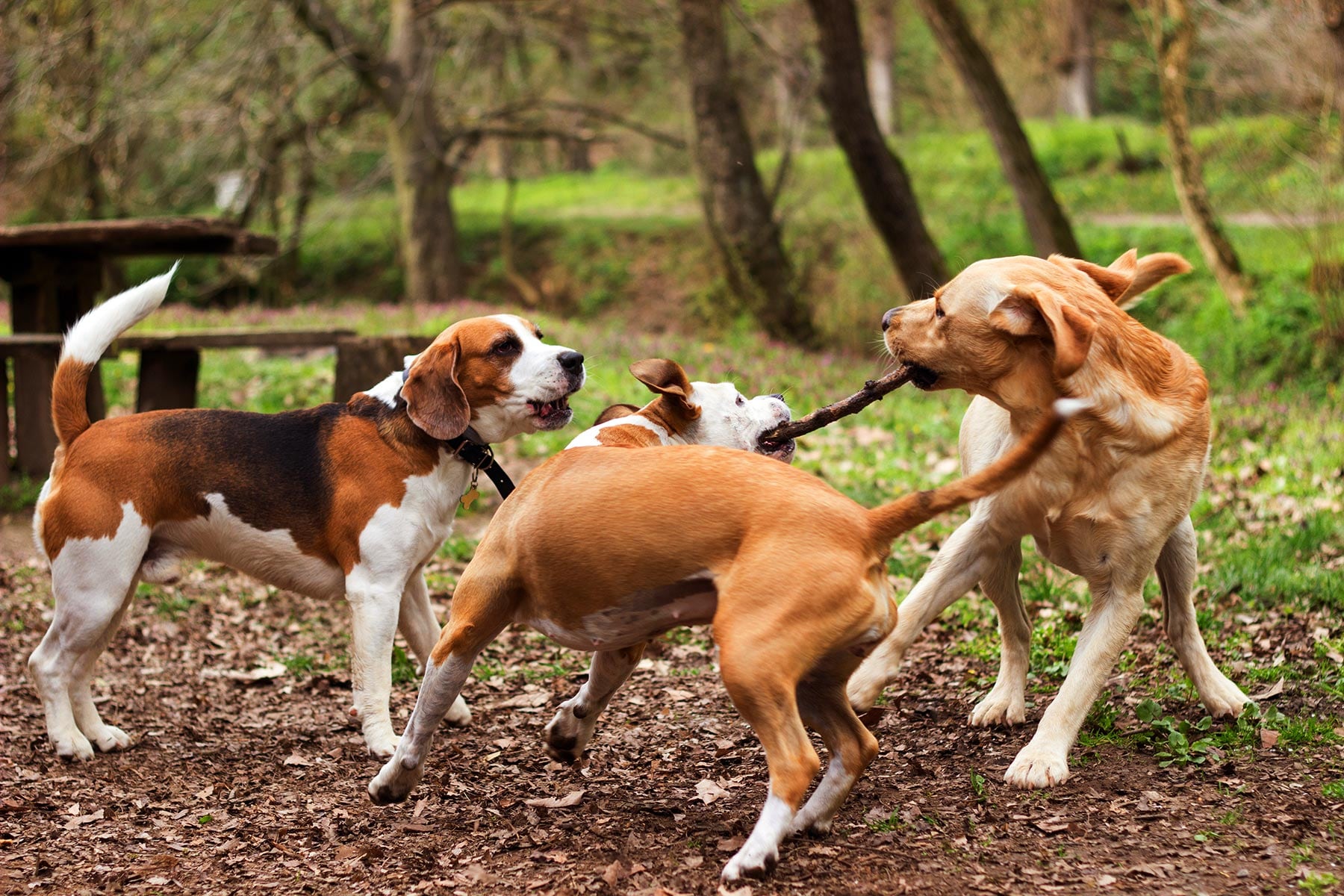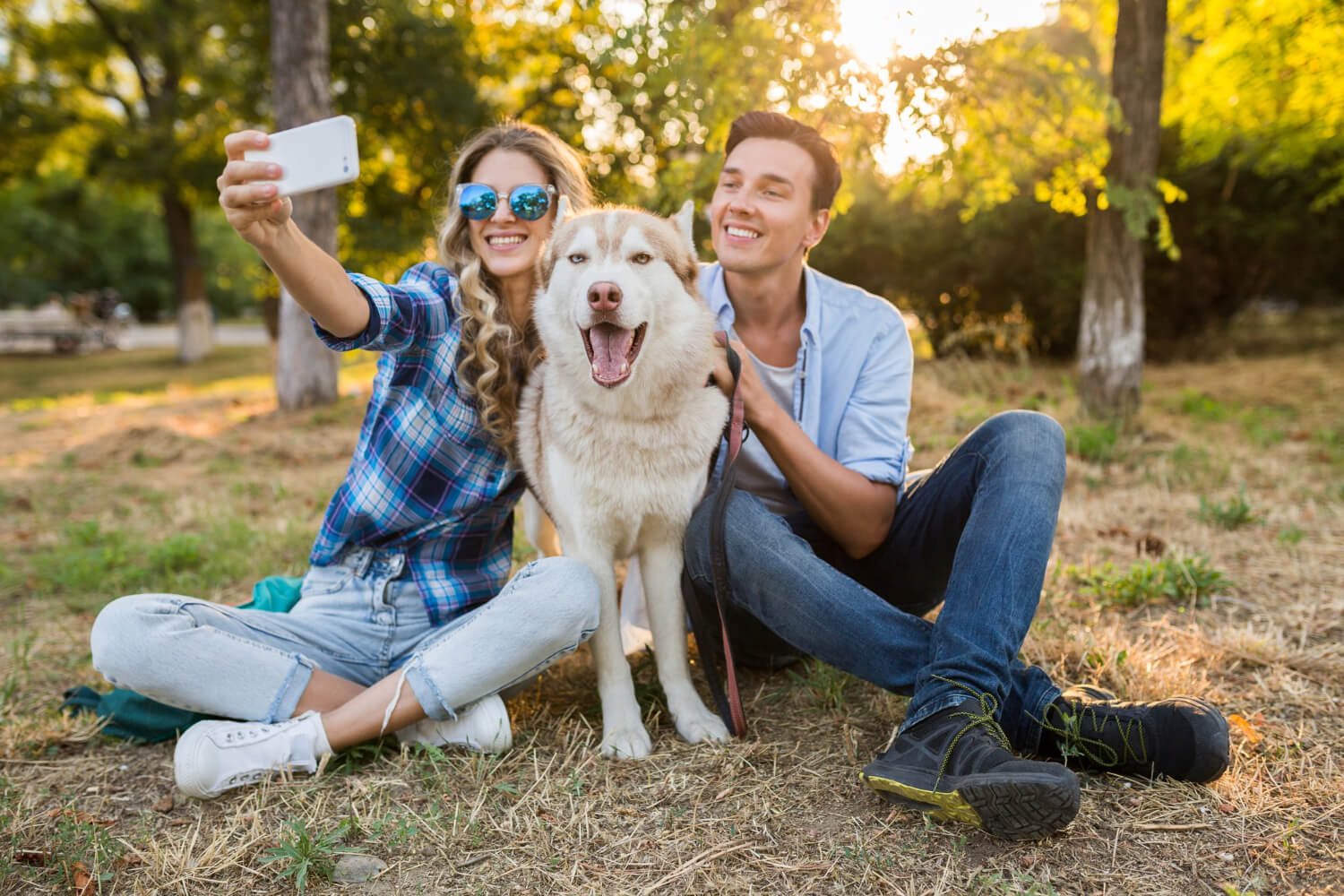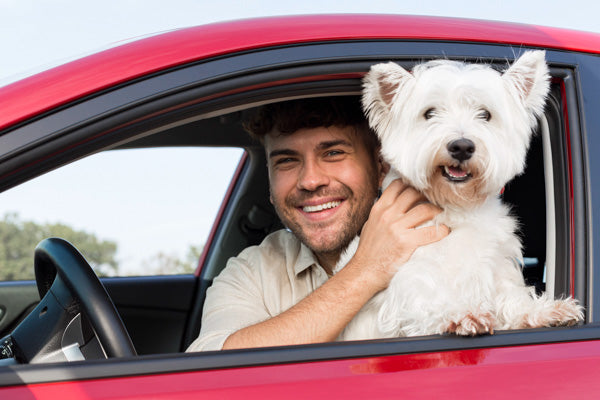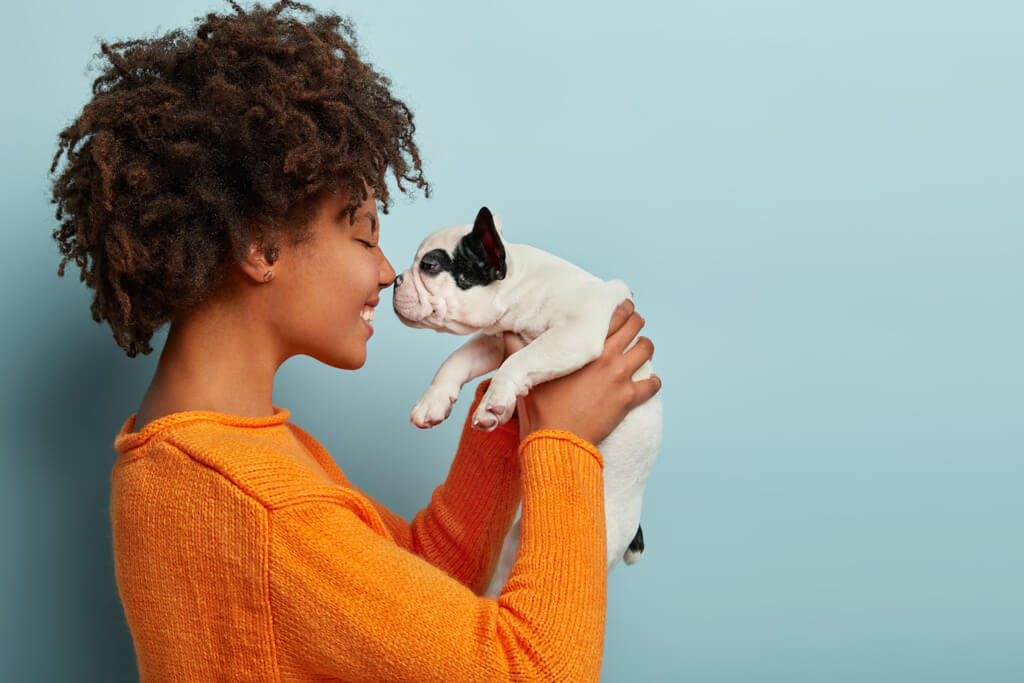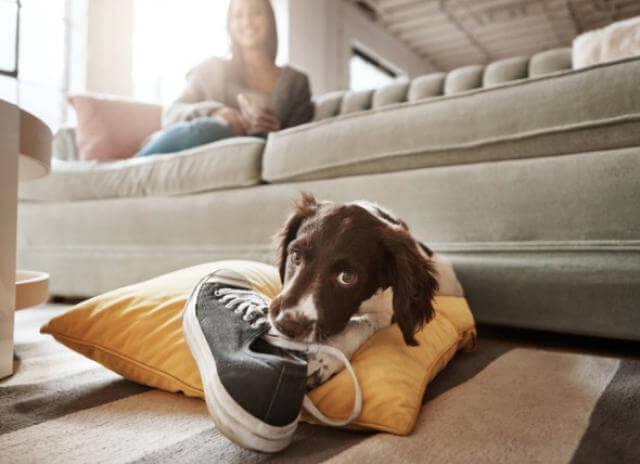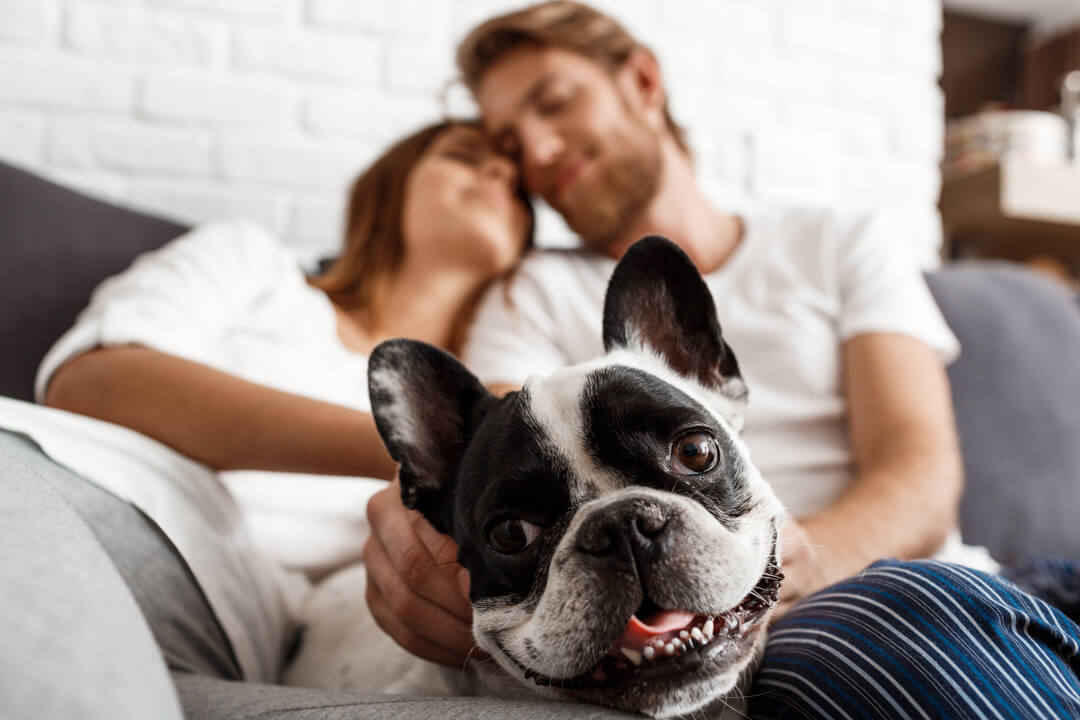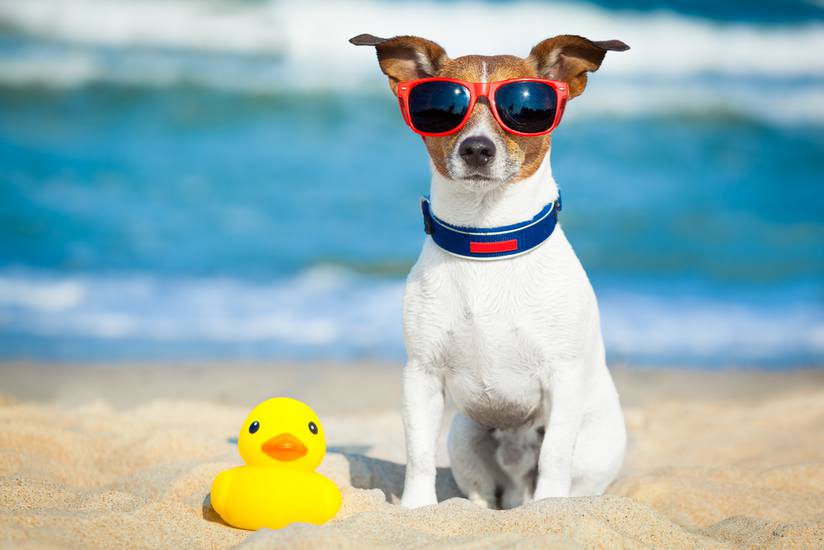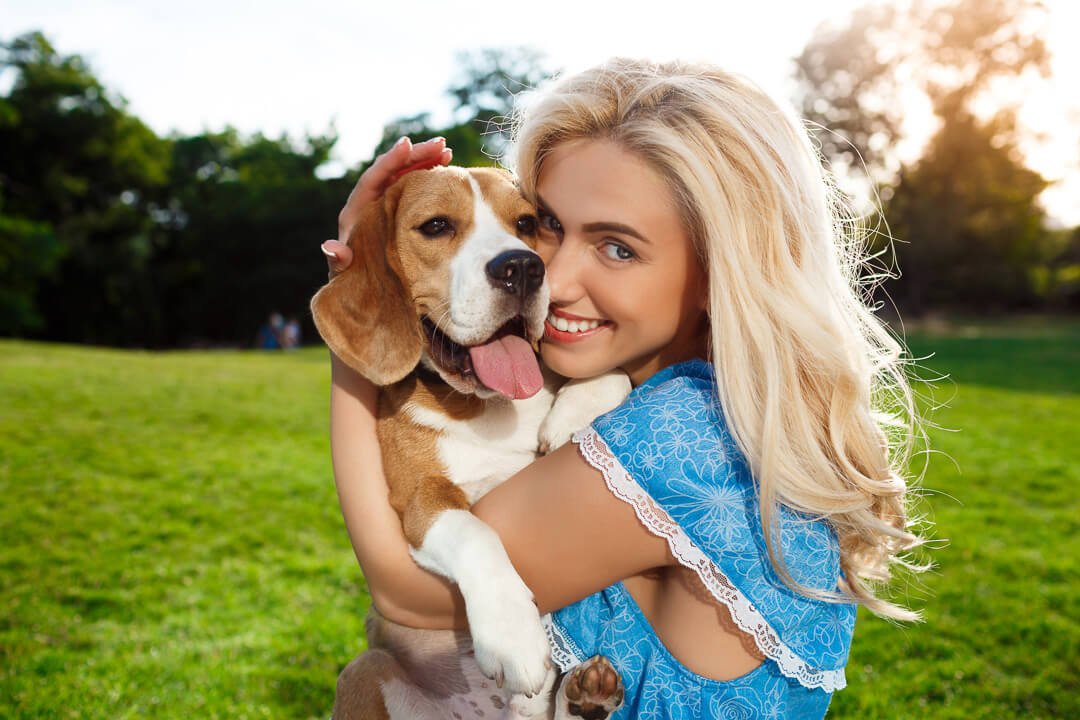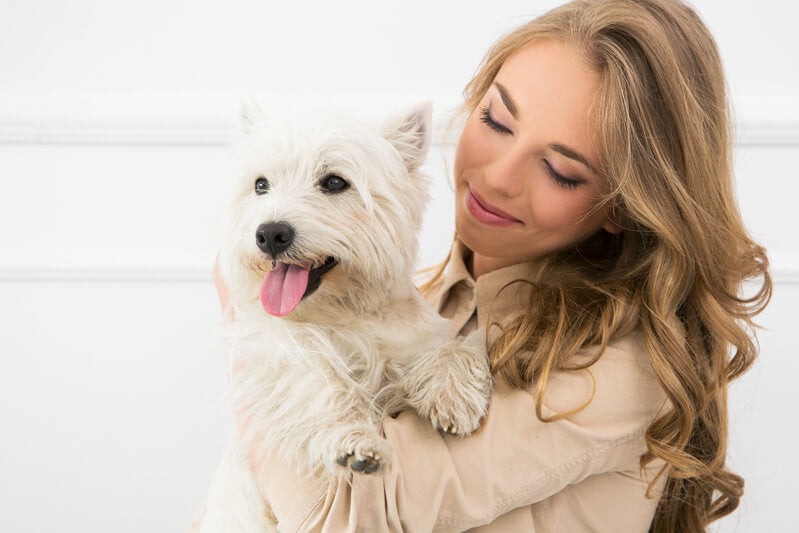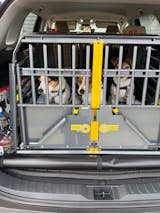
Why is my dog urinating inside?

If you own a dog, you have most likely experienced the not so joyful moment when your dog has an accident indoors. Accidents can happen, but what do you do when it begins to happen more often or all the time? Unfortunately, a lot of owners face this problem, and solutions can be hard to come by. To adequately address this problem you first need to understand what might be causing it. Once you figured the reason, you can then work to solve the problem. This article will be addressing middle-aged dogs, meaning we are not covering young puppies or senior/aging dogs. These two age groups have accidents in the home for very different reasons.
For all other dogs (not puppies or senior dogs) a majority of indoor accidents can fall into two categories, medical or behavioral. Let's explore both.
Medical reasons:
If your dog is peeing in the house and showing additional symptoms of illness, consult your veterinarian. Several potentially serious medical conditions may be causing urinary accidents, including:
1. Urinary Tract Infections (UTI)
2. Cushing's disease
3. Kidney disease
4. Diabetes
5. Hormonal imbalances
6. Prostata disorders
7. Spinal Injuries
8. Certain Tumors
9. Side Effect of Medication
10. Dietary problems
*Treatment will depend on the diagnosis.
Behavioral reasons:
If you do not own a pup or senior dog, and your dog has had a recent medical check-up but still experiencing inappropriate urinating the problem may be behavioral.1) Submissive or excitement urination - These two specific types of house soiling, submissive and excitement urination, differ from most other forms of house soiling in that the dog has little control over their elimination. Dogs that urinate submissively are trying to appease someone they see as "socially dominant" and to escape being punished. Submissive dogs pee when they're greeted, when someone approaches, or when there's a history of rough treatment or punishment after inappropriate peeing. This behavior is often common in rescued dogs as well as shy, anxious, and timid dogs.
Submissive urination occurs when a person approaches, reaches out, stands over them or attempts to punish the dog physically. The dog not only urinates but also may show other signs of submission such as ears back, retraction of lips, avoidance of eye contact, and cowering. Although this problem can be seen in dogs of any age, submissive urination is most commonly seen in puppies and young female dogs. Owner intervention in the form of verbal reprimands or punishment only serves to aggravate the problem by making the dog act more submissive, which leads to further urination. When it comes to overexcitement, there are no signs of submissive behavior, but quite the opposite—his tail is wagging, he’s jumping, etc. In these instances the dog it simply so excited that it momentarily loses control of her bladder.
2) Stressful urination - Commonly appears when your dog experiences high levels of stress. Stress can be perceived differently by our furry friends, below is a list of everyday situations that add significant levels of stress to your pet:
• Adding a new pet to the household.
• The addition of a new baby to the household
• Death in the family or someone going away
• Construction work going on in the home
• Change in the owner’s household routines.
• Changes in the neighborhood like a new dog moving in.
• Loud noises, running engines (think blender, juicer, vacuum, etc.)
• New Home
3) Anxiety - If your dog is peeing in the house when left home alone, you may be dealing with separation anxiety. Dogs are social animals that thrive in the company of others. They often struggle with fear, confusion, and stress when separated from those they love.
Separation anxiety can be mild, with symptoms like shaking, whimpering and house soiling; or severe, where dogs bark hysterically, attempt to run away, or cause damage to your home.
4) Marking territory - Even house trained dogs may show this kind of behavior. Marking is the way dogs tell other dogs "Hey! I was here and this is mine." By lifting their leg they try to mark spots as high as possible to appear bigger to other dogs that come around. This behavior can be shown if other dogs come to your home, if you take your dog to a friend's home, if you change your dogs' environment, etc.
Now that we have covered some of the basics of indoor urination, you can hopefully begin looking for a solution that best address your pests specific issues. Before doing anything else, make sure to take your dog to the veterinarian to rule out any medical causes for the inappropriate urination. If you feel your pet is exhibiting behavioral issues, it would be best to include some professional to help.
- Mar 17, 2019
- in Pet Blog




